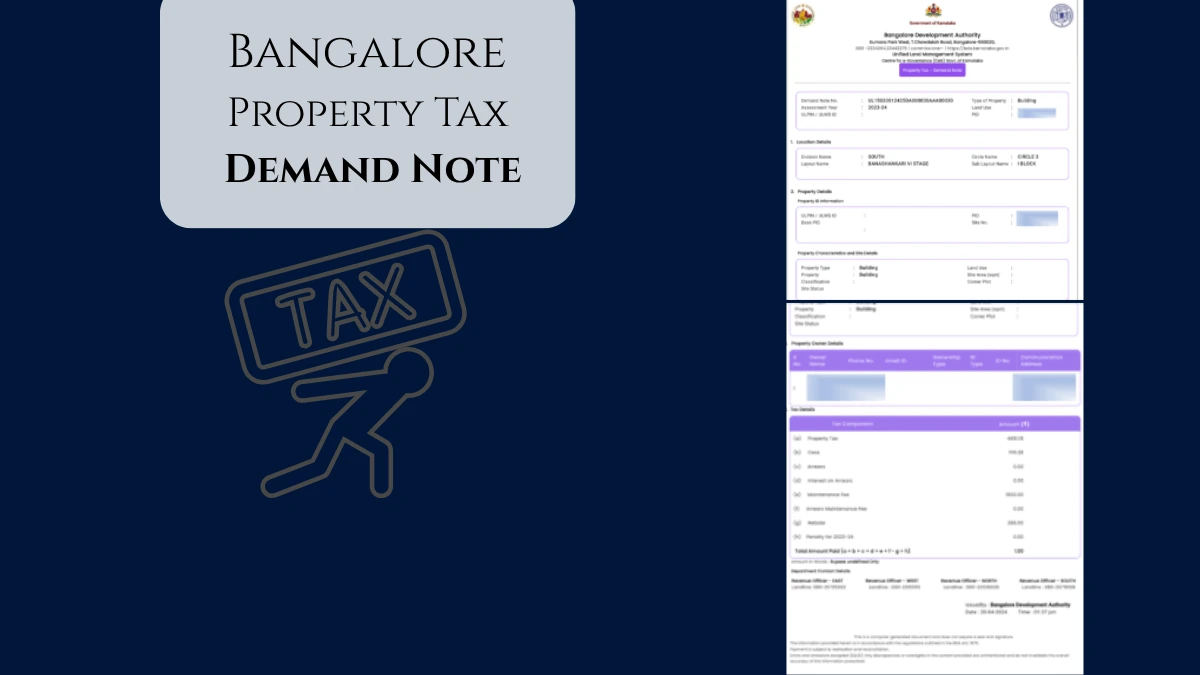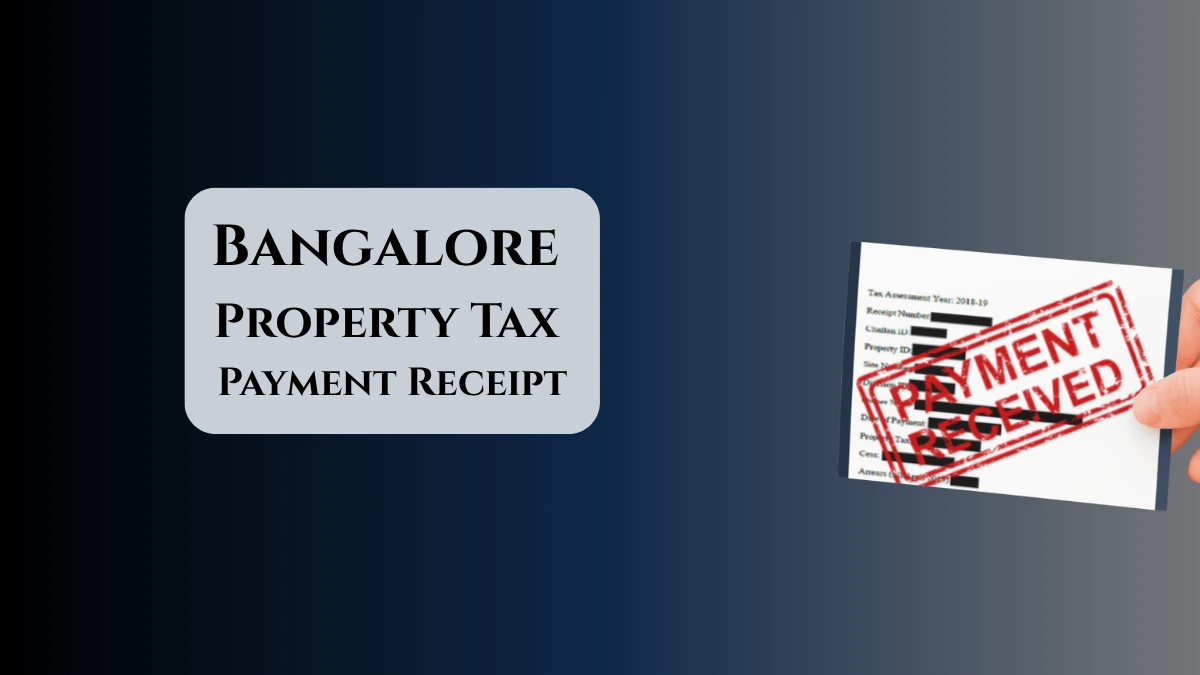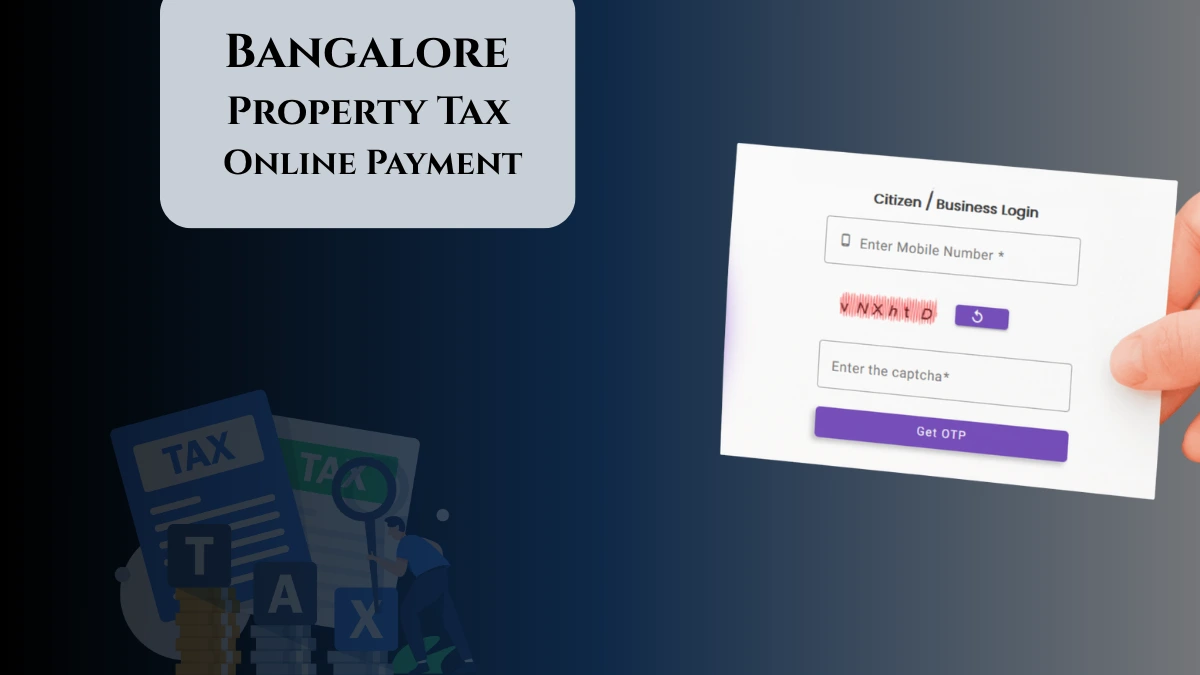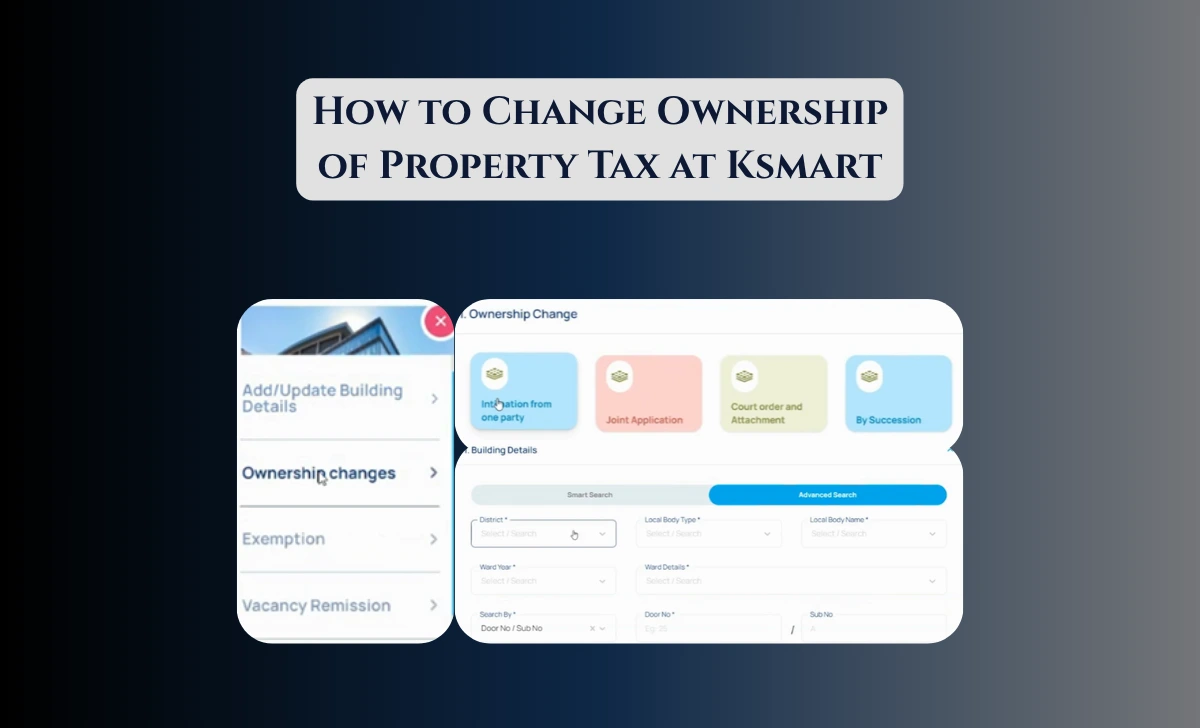Property Tax is a type of tax levied by local governments on real estate properties, including residential, commercial, and industrial properties.
It is typically based on the assessed value of the property, which can include land and any structures or improvements on it.
The tax rate varies by location and is often used to fund local government services such as schools, police and fire departments, infrastructure, and community services.
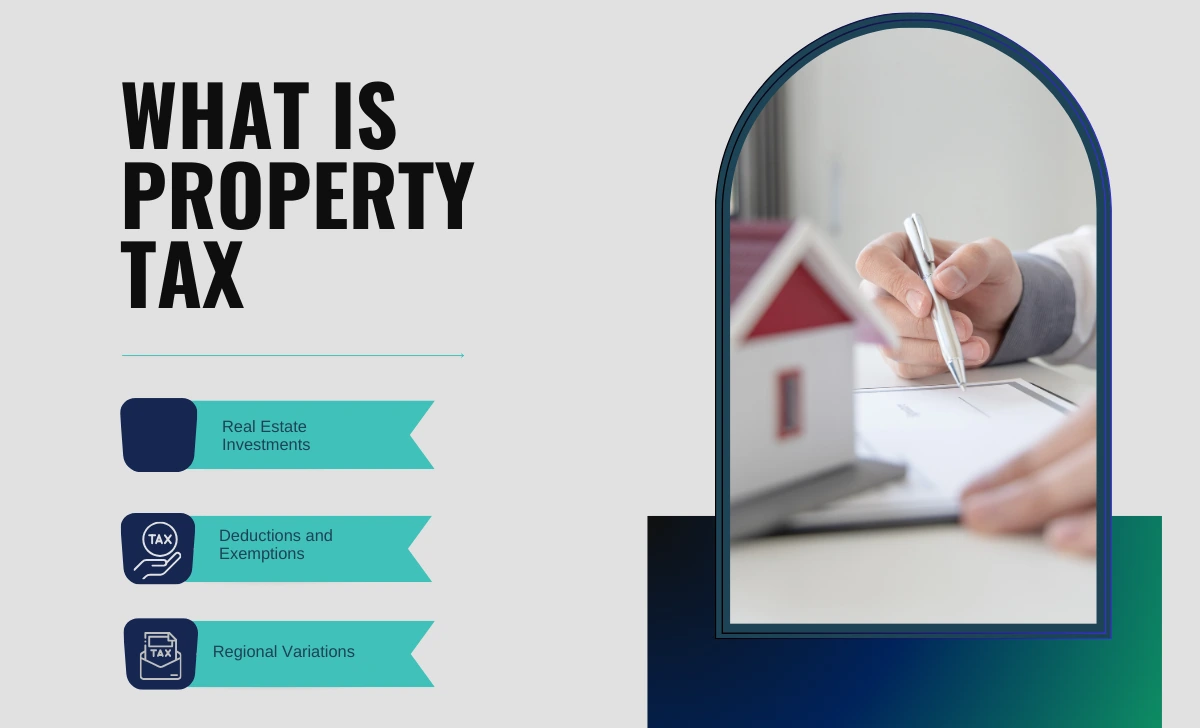
Key Aspects of Property Tax
- Assessment: The value of the property is assessed by local authorities to determine the tax amount.
- Tax Rate: This is the percentage of the assessed value that is levied as tax.
- Exemptions: Some properties, like those owned by non-profit organizations or certain government entities, may be exempt from property taxes.
- Payment: Property tax payments in online or offline modes are usually paid annually or semi-annually.
Property taxes can significantly impact homeowners and businesses, as they are a recurring expense tied to property ownership.
It involves understanding how property taxes are calculated, the different methods used across various regions, and the implications for property owners.
Property Tax Calculation Methods
The calculation varies by region, with methods such as the Capital Value System, Annual Rental Value System, and Unit Area Value System being commonly used.
For instance, the Annual Rental Value (ARV) system is based on the potential annual rental income of a property. You can learn more about how to calculate ARV for taxation by visiting the Annual Rental Value Calculation for Taxation.
Factors Influencing Tax Rates
Tax rates are influenced by factors such as location, property type, and usage. For example, commercial properties often have higher tax rates compared to residential ones due to their higher rental values.
Impact of Property Tax on Real Estate Investments
Tax Implications for Investors
Property taxes significantly impact real estate investments by affecting cash flow and profitability. Investors must consider these taxes when evaluating potential returns on investment.
For instance, a higher tax can reduce net operating income, making a property less attractive to investors.
Understanding the Impact of Property Tax on Real Estate Investments is crucial for making informed decisions.
Strategies for Minimizing Tax Liabilities
Investors can use strategies like tax deductions and exemptions to minimize their tax liabilities.
For example, some regions offer exemptions for certain types of properties or uses, such as charitable institutions.
Additionally, investors can explore ways to Maximize Tax Savings on Property Investments in 2025 by optimizing their investment strategies, as discussed.
Property Tax Deductions and Exemptions
Available Exemptions
Property owners may be eligible for exemptions like homestead exemptions, which reduce taxable property values.
These exemptions can significantly lower tax liabilities. To apply for such exemptions, homeowners typically need to submit documentation proving eligibility, such as residency status.
Strategies for Reducing Tax Burden
Strategies like early payment rebates and penalty waivers can help reduce the overall tax burden. For instance, GHMC offers a rebate for early payments.
To apply for exemptions, homeowners typically need to submit documentation proving eligibility. You can learn more about applying for exemptions by visiting the page example about how to Apply Telangana Property Tax Exemption.
Regional Variations in Property Tax
Property tax systems vary significantly across different regions. For example, while GHMC uses a plinth area-based system for commercial properties, other municipalities may use different methods.
Understanding these variations is essential for property owners with assets in multiple regions.
For instance, comparing the Tax Rates and Assessment across states can help investors make informed decisions.
Local Exemptions and Rebates
Each region may offer unique exemptions and rebates. For instance, some areas provide exemptions for properties used for public purposes.
This highlights the importance of understanding Regional Variations in Property Tax.
In conclusion, understanding property tax is essential for property owners to manage their financial obligations effectively.
By leveraging strategies like property tax deductions, exemptions, and financial planning, property owners can minimize their tax liabilities and optimize their financial outcomes.

